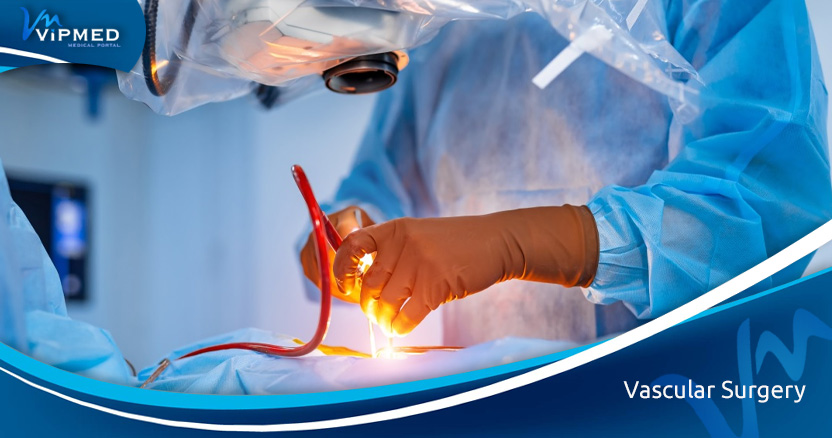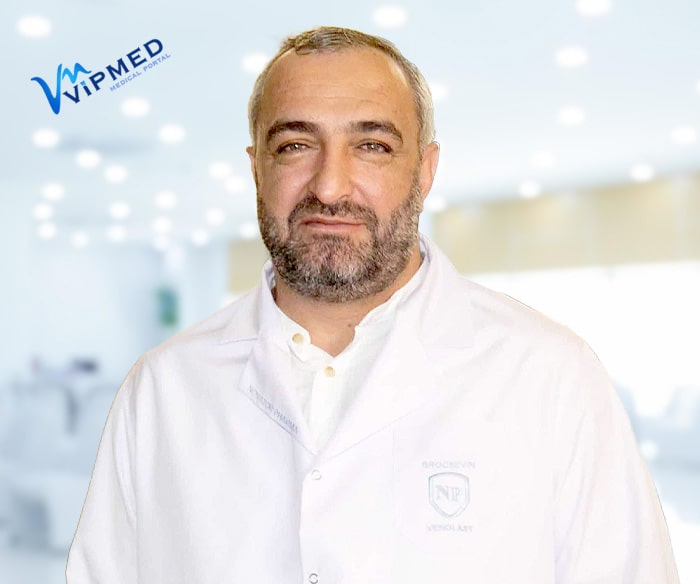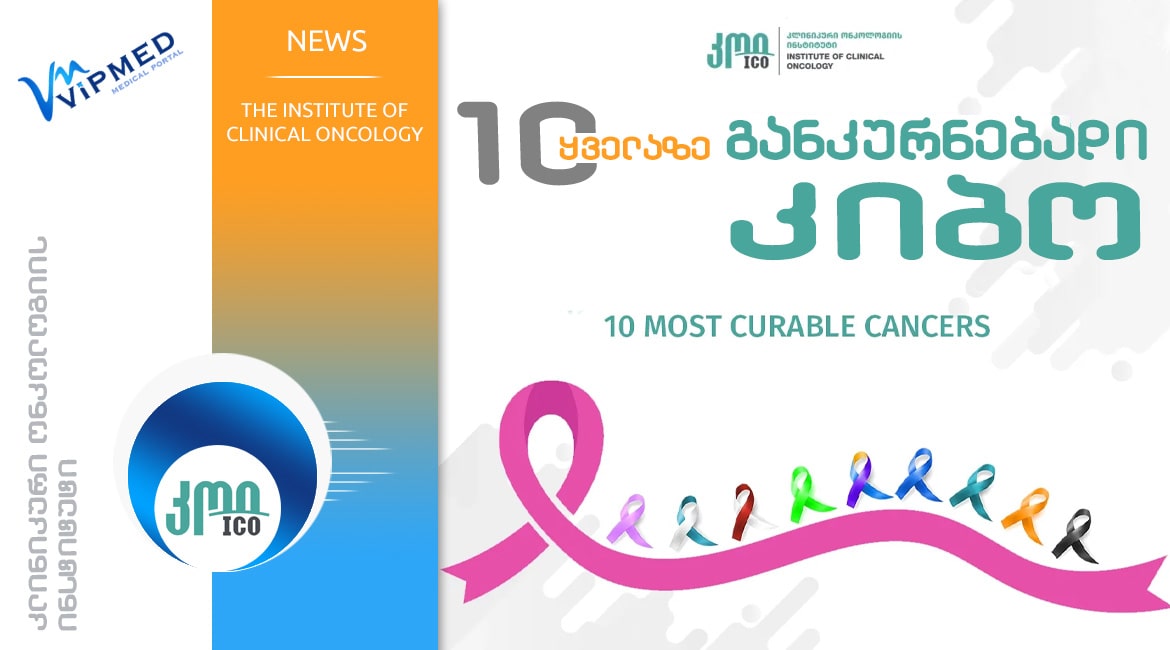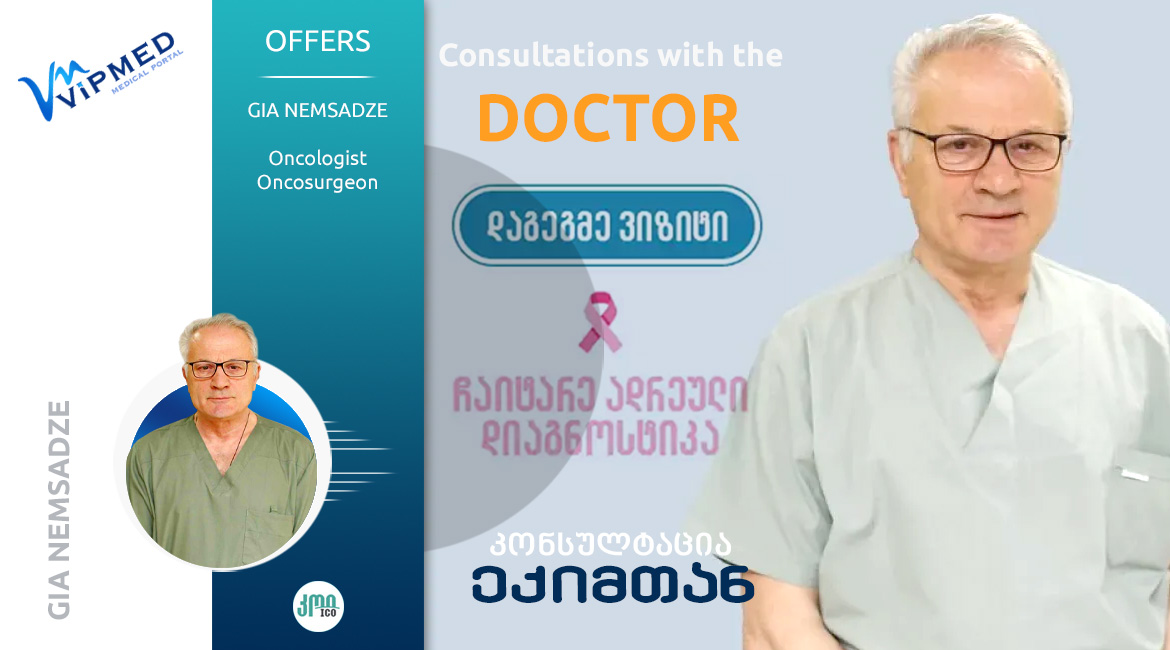
Vascular Surgery
Vascular surgery is a surgical subspecialty in which diseases of the vascular system, or arteries, veins and lymphatic circulation, are managed by medical therapy, minimally-invasive catheter procedures, and surgical reconstruction. The specialty evolved from general and cardiac surgery, and includes treatment of the body’s other major and essential veins and arteries. Open surgery techniques, as well as endovascular techniques are used to treat vascular diseases.
Choose the Category
Vascular Surgery in Modern Medicine
Vascular surgery as a field of medicine is developing rapidly, driven by technological advances and a deeper understanding of the pathogenesis of diseases. The goal of modern vascular surgery is to achieve maximum results with minimally invasive interventions, rapid patient rehabilitation, and improved quality of life.
Main Directions of Vascular Surgery
Endovascular Surgery: This is one of the most dynamically developing areas of vascular surgery. This method involves intravascular interventions using catheters through small skin incisions under X-ray control. Endovascular methods are used to treat a wide range of arterial and venous diseases.
Hybrid Surgery: This combines open surgical and endovascular methods, allowing surgeons to achieve optimal results in treating complex vascular pathologies.
Vascular Imaging Technologies: Modern vascular surgery widely uses advanced imaging technologies such as Computed Tomography Angiography (CTA), Magnetic Resonance Angiography (MRA), Intravascular Ultrasound (IVUS), and Optical Coherence Tomography (OCT). These technologies provide detailed images of blood vessels, which helps in accurate diagnosis, planning of interventions, and assessment of treatment effectiveness.
Drug Therapy and Regenerative Medicine: Drug therapy is an integral part of vascular surgery, including antiplatelet, anticoagulant, lipid-lowering, and anti-inflammatory drugs. These drugs are used to slow the progression of vascular diseases, prevent thrombotic complications, and improve the long-term prognosis of patients. In recent years, research has been actively conducted in the field of regenerative medicine, which involves the use of stem cells and growth factors to stimulate vascular regeneration and neoangiogenesis (formation of new blood vessels).
Modern vascular surgery pays great attention to patient-centered care. Thus, modern vascular surgery is a multidisciplinary field that combines the latest technologies, drug therapy, and a patient-centered approach to ensure effective treatment of vascular diseases and improve the quality of life of patients.














